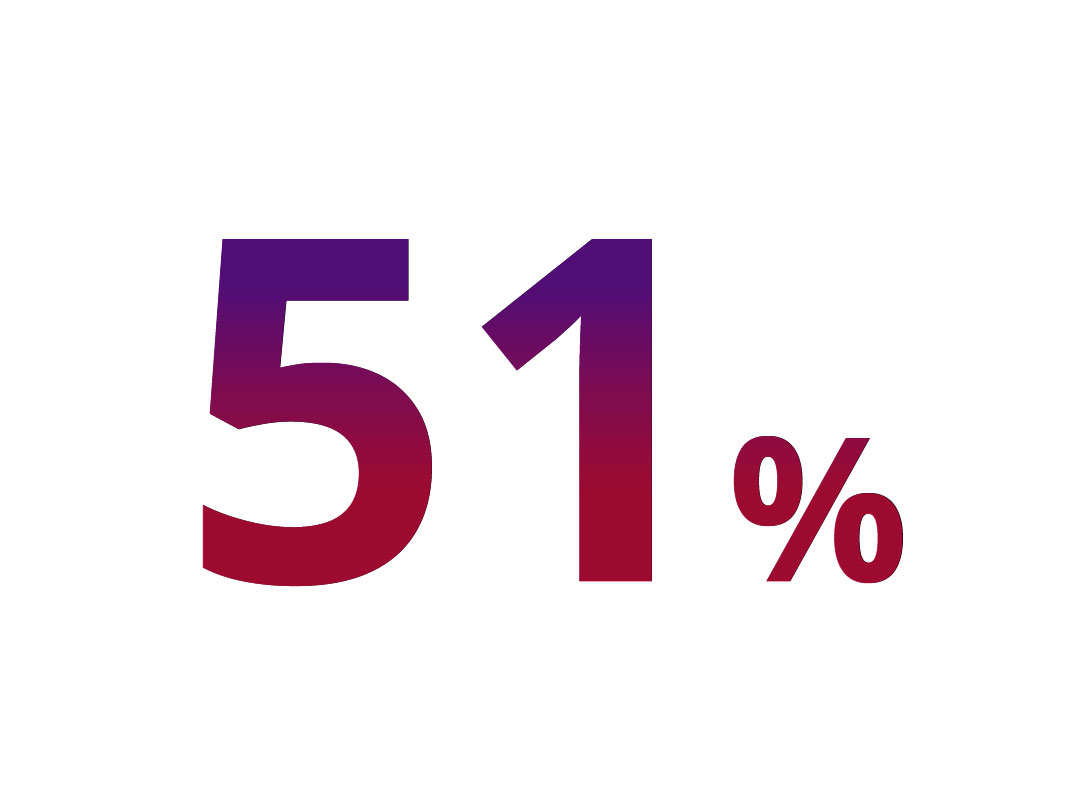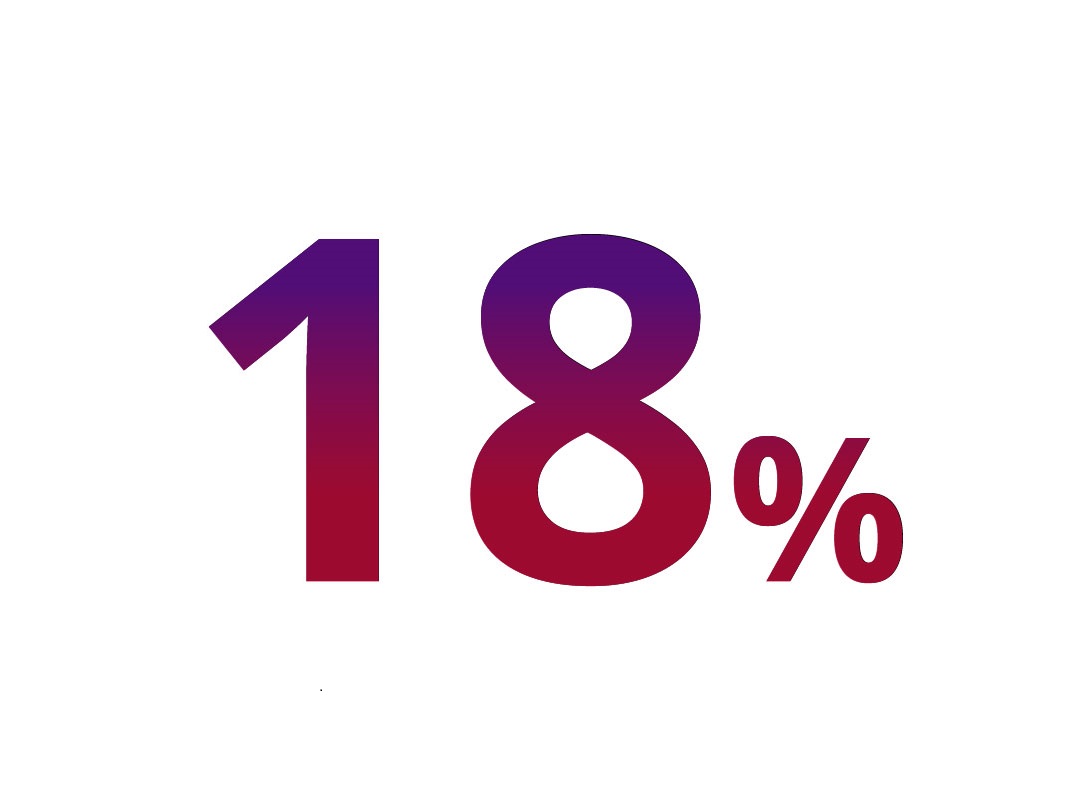

Beating the burnout trap: signs, symptoms, and strategies for your workforce
While once a corporate buzzword, burnout is now recognised as a serious health condition resulting from chronic workplace stress. ‘Workplace’ being key; burnout is unique among health and wellbeing topics as being a condition that stems – at least primarily – from an employee’s work situation. It can affect productivity, life satisfaction, work-life balance, sleep, and happiness.
What is burnout?
Burnout is recognised as a state of physical, emotional or mental exhaustion, caused by a number of work-related stress factors. As one of our experts notes, it has three dimensions. Along with overwhelming exhaustion, it manifests in feelings of negativity or cynicism for the job and reduced effectiveness at work. It occurs when stress levels go beyond the point of occasional spikes and simply won’t subside, becoming something you’re constantly carrying. These feelings and emotions among employees can understandably affect workplace productivity, particularly when they lead to emotional and physical withdrawal from work.
Employee self-esteem and stress
Our findings show that, since 2019, employees think less positively about themselves. They also think more negatively about themselves. In fact, self-esteem has declined significantly in the past five years. Based on the responses we received, 42% of employees fall into the low self-esteem group, compared to only 26% in 2019.
Our insights also indicate a connection between low self-esteem and high stress. 70% of employees who described their lives as very stressful also find themselves within this low self-esteem category.
Our findings show that dissatisfaction with life as a whole has steadily risen among employees since 2019, from 33% in 2019 up to 43%.
All of this affects an individual's capacity to address and manage their work-life balance. And with such high, ongoing stress levels being identified by our experts as a key indicator of burnout, it’s vital for your company to be aware of these correlating factors like self-esteem and dissatisfaction.
Access to supports
The good news is that there is a willingness to get access to support. 60% of employees told us that they are interested in receiving digital support or attending mindfulness courses or counselling for burnout through a workplace wellness programme.
However, our findings also tell us that only 14% have access to helpful guidelines around mental health issues such as stress, anxiety and depression in the workplace. This might indicate a timely opportunity for your company to consider burnout-related content as part of any employee wellness programme.
How you can support your workforce
While burnout may seem like a tough condition for your employees to overcome, our expertly-crafted strategies and practical measures are here to help you help your workforce.
-

Provide opportunities for professional development and recognise employee achievements. Once presented as a manageable aspect of your work culture, this can help employees feel valued and supported, which can reduce stress levels and prevent burnout.
-

Encourage your employees to achieve a healthy work-life balance and reduce their stress levels by taking breaks during their working day, using their annual leave and switching off outside of work hours.
-

Encourage your employees to build social connections to help them feel more connected to their workplace, and reduce their feelings of isolation and stress.
-

Promote self-care activities such as yoga, meditation, or other forms of unwinding to your employees. Exercise can also help employees to better deal with stress and take their minds off work.
-

To help your employees manage their stress and prevent burnout, offer them access to mental health support services such as counselling, therapy, or employee assistance programmes.
-

Encourage your employees to focus on their sleep. Getting enough quality sleep restores well-being and helps protect your health.
Vhi Supports and how we can help*
At Vhi, our expert team is committed to providing you with the knowledge and tools you need to help your employees prevent burnout.
Mindfulness and Meditation Apps
Improve sleep and lower stress with €30 off an annual subscription to Headspace or Calm apps.
Employee Assistance Programme
Confidential counselling and support, designed to support your employee’s overall wellbeing.
Holistic Therapies
Access benefits towards Acupuncture, Reflexology and Psychology. Check the Table of Benefits to learn more.
Employee Talks
Available on a range of topics including relaxation techniques, stress management and mental health awareness. Talk to your account lead to learn more.
Vhi Wellness Portal
Access a variety of wellness programmes, from improving sleep to managing stress. Talk to your account lead to learn more.
Vhi Verified Health Blog
Expert health advice for your employees on how to spot the signs of burnout and take back control at work.






